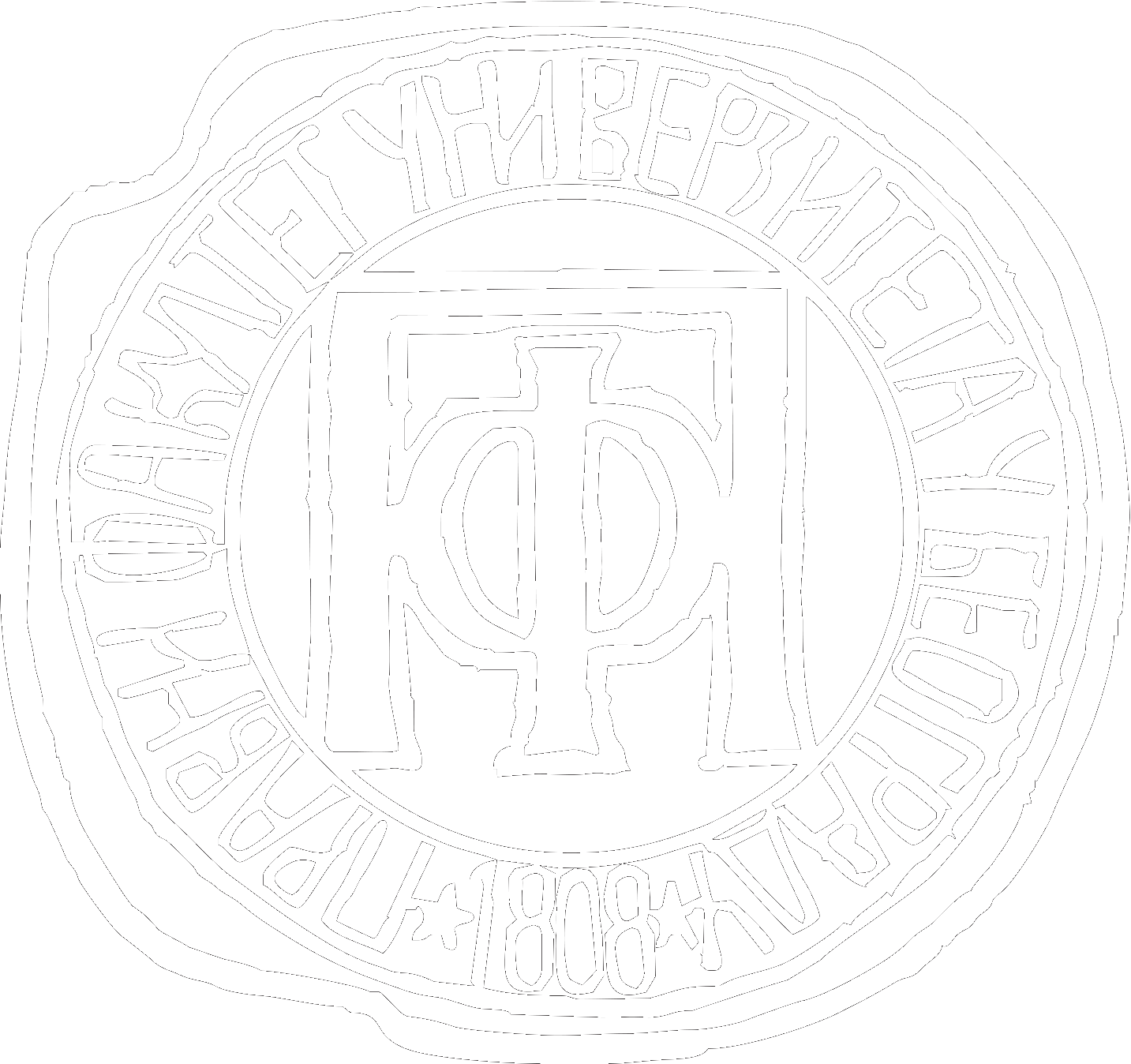Material concept of blameworthiness from the criminal law perspective
Keywords:
blameworthiness; freedom of will; indeterminism; character of the perpetratorAbstract
In today's criminal law, blameworthiness is largely understood as a moral reproach against the perpetrator of the crime. The explanation on which this reproach rests mainly moves within a classical understanding of blameworthiness, as the possibility for the perpetrator to make a different choice in the circumstances, and, instead of committing a crime, to decide to respect the law. Although legal liability can hardly be explained at all without this presumption, today, occasionally, especially based on the alleged results of recent medical research, some authors question whether the commission of criminal offenses is causally determined. The author points out the most important views in recent German and Serbian doctrine, and concludes that there are not enough reasons to leave the classical material explanation of blameworthiness.
Downloads
References
Aristotel. 2012. Nikomahova etika. Sremski Karlovci – Novi Sad.
Atanacković, D. 1991. “Neki problemi u vezi sa objektivno-subjektivnim shvatanjem krivičnog dela.” Anali Pravnog fakulteta u Beogradu, no. 1–3.
Bačić, F. 1986. Krivično pravo. Opći dio. Zagreb.
Cerezo Mir, J. 1996. “Der materielle Schuldbegriff.” Zeitschrift für die gesamte Strafrechtswissenschaft, no. 1.
Chiesa, L. E. 2011. “Punishing without Free Will.” Utah Law Review, no. 4. https://doi.org/10.2139/ssrn.1804468
Conde, F. M. 1978. “Über den materiellen Schuldbegriff.” Goltdammer’s Archiv für Strafrecht, no. 3.
Ebert, U. 2001. Strafrecht. Allgemeiner Teil. Heidelberg. https://doi.org/10.1515/9783110896787
Engisch, K. 1965. “Die Lehre von der Willensfreiheit in der strafrechtsphilosophischen Doktrin der Gegenwart.” Berlin.
Engisch, K. 1967. “Um die Charakterschuld.” Monatsschrift für Kriminologie und Strafrechtsreform, no. 3–4. https://doi.org/10.1515/mks-1967-503-402
Figueiredo Dias, J. de. 1983. “Schuld und Persönlichkeit.” Zeitschrift für die gesamte Strafrechtswissenschaft, no. 1.
Fischer, T. 2011. Strafgesetzbuch und Nebengesetze. Munich.
Gallas, W. 1968. Beiträge zur Verbrechenslehre. Berlin.
Herren, R. 1966. “Die Gesinnung im Rahmen der vorsätzlichen Tötungsdelikte, insbesondere beim Mord.” Basel.
Hillenkamp, T. 2005. “Strafrecht ohne Willensfreiheit? Eine Antwort auf die Hirnforschung.” Juristenzeitung, no. 7.
Hirsch, H. J. 2010. “Zur gegenwärtigen deutschen Diskussion über Willensfreiheit und Strafrecht.” Zeitschrift für Internationale Strafrechtsdogmatik, no. 2.
Jescheck, H.-H., and T. Weigend. 1996. Lehrbuch des Strafrechts. Allgemeiner Teil. Berlin.
Kaufmann, A. 1961. Das Schuldprinzip. Heidelberg.
Kohlrausch, E. 1910. “Sollen und Können als Grundlagen der strafrechtlichen Zurechnung.” Berlin.
Krümpelmann, J. 1983. “Dogmatische und empirische Probleme des sozialen Schuldbegriffs.” Goltdammer’s Archiv für Strafrecht, no. 8.
Mangakis, G. 1963. “Über die Verhältnis von Strafrechtsschuld und Willensfreiheit.” Zeitschrift für die gesamte Strafrechtswissenschaft, no. 3.
Maurach, R. 1965. Deutsches Strafrecht. Allgemeiner Teil. Karlsruhe.
Maurach, R., and H. Zipf. 1992. Strafrecht. Allgemeiner Teil. Teilband 1. Grundlehren des Strafrechts und Aufbau der Straftat. Heidelberg.
Mezger, E. 1938. “Die Straftat als Ganzes.” Zeitschrift für die gesamte Strafrechtswissenschaft. https://doi.org/10.1515/zstw.1938.57.1.675
Moore, M. S. 1985. “Causation and the Excuses.” California Law Review, no. 4. https://doi.org/10.2307/3480429
Otto, H. 1981. “Über den Zusammenhang von Schuld und menschlicher Würde.” Goltdammer’s Archiv für Strafrecht, no. 11.
Patrijarh Pavle. 2010. Da nam budu jasnija neka pitanja naše vere. I. Belgrade.
Roxin, C. 2006. Strafrecht. Allgemeiner Teil. Band I. Grundlagen. Der Aufbau der Verbrechenslehre. Munich.
Roxin, C. 1984. “Zur Problematik des Schuldstrafrechts.” Zeitschrift für die gesamte Strafrechtswissenschaft, no. 3. https://doi.org/10.1515/zstw.1984.96.3.641
Schiemann, A. 2012. “Die Willensfreiheit und das Schuldstrafrecht – eine überflüssige Debatte.” Zeitschrift für das Juristische Studium, no. 6.
Schmidhäuser, E. 1958. Gesinnungsmerkmale im Strafrecht. Tübingen.
Stojanović, Z. 2014. “Das präventiv orientierte Strafrecht: Möglichkeiten und Grenzen.” In Festschrift für Kristian Kühl zum 70. Geburtstag, Munich.
Stojanović, Z. 2004. “Krivica ili krivična odgovornost.” Branič, no. 3–4.
Stojanović, Z. 2017. Krivično pravo. Opšti deo. Belgrade.
Tiemeyer, J. 1986. “Grundlagenprobleme des normativen Schuldbegriffs.” Goltdammer’s Archiv für Strafrecht, no. 5.
Tiemeyer, J. 1988. “Zur Möglichkeit eines erfahrungswissenschaftlich gesicherten Schuldbegriffs.” Zeitschrift für die gesamte Strafrechtswissenschaft, no. 3. https://doi.org/10.1515/zstw.1988.100.3.527
Vuković, I. 2013. “Razumevanje krivične odgovornosti i kažnjivosti u srpskom zakonodavstvu i teoriji.” Revija za kriminologiju i krivično pravo, no. 2.
Welzel, H. 1969. Das deutsche Strafrecht. Eine systematische Darstellung. Berlin. https://doi.org/10.1515/9783110897302
Wessels, J., and W. Beulke. 2011. Strafrecht. Allgemeiner Teil. Die Straftat und ihr Aufbau. Heidelberg et al.
Westen, P. 2005. “Getting the Fly out of the Bottle: The False Problem of Free Will and Determinism.” Buffalo Criminal Law Review, no. 2. https://doi.org/10.1525/nclr.2005.8.2.599

Downloads
Published
How to Cite
Issue
Section
License
Copyright (c) 2018 Igor Vuković

This work is licensed under a Creative Commons Attribution 4.0 International License.
The authors retain copyright and grant the journal the right of first publication, allowing others to share the work with proper attribution to the authors and acknowledgment of its original publication in this journal.










